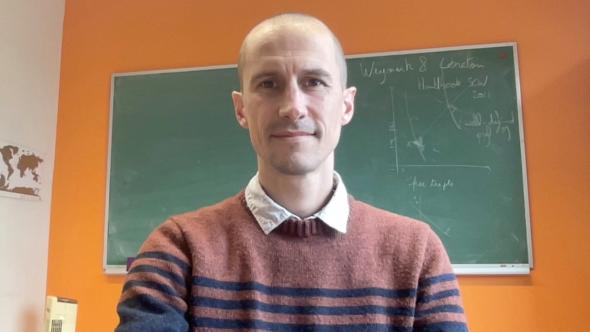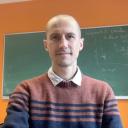"Indeed, it seems difficult to quantify a person's state of health in euros. To address the limitations of monetary indicators, alternatives such as the Human Development Index or multidimensional poverty measures have been proposed to include aspects such as life expectancy and access to education," he continues. At the Development Economics Research Center, Benoit Decerf's work is part of these efforts to improve development indicators.
His stint at the World Bank allowed him to take part in improving the indicators used by this institution. "In addition to measuring extreme poverty, defined by the threshold of $2.15 per day per person, which the United Nations would like to see fall below 3% of the world's population by 2030, the World Bank also measures "shared prosperity". This concept is intended to be more inclusive than poverty, by taking into account the incomes of everyone, not just the poor, but maintaining the importance of inequalities by weighting the incomes of the least well-off more heavily", explains the economics researcher. With his co-authors, Benoit Decerf has therefore proposed a new indicator, the Prosperity Gap, which aims to be both simple to explain and mindful of inequalities.
This example illustrates the pragmatic approach followed in his research. Rather than looking for the ideal indicator, Benoit Decerf seeks to build on existing indicators, identifying their main limitations, and seeking to improve them while taking into account the constraints faced by practitioners.

